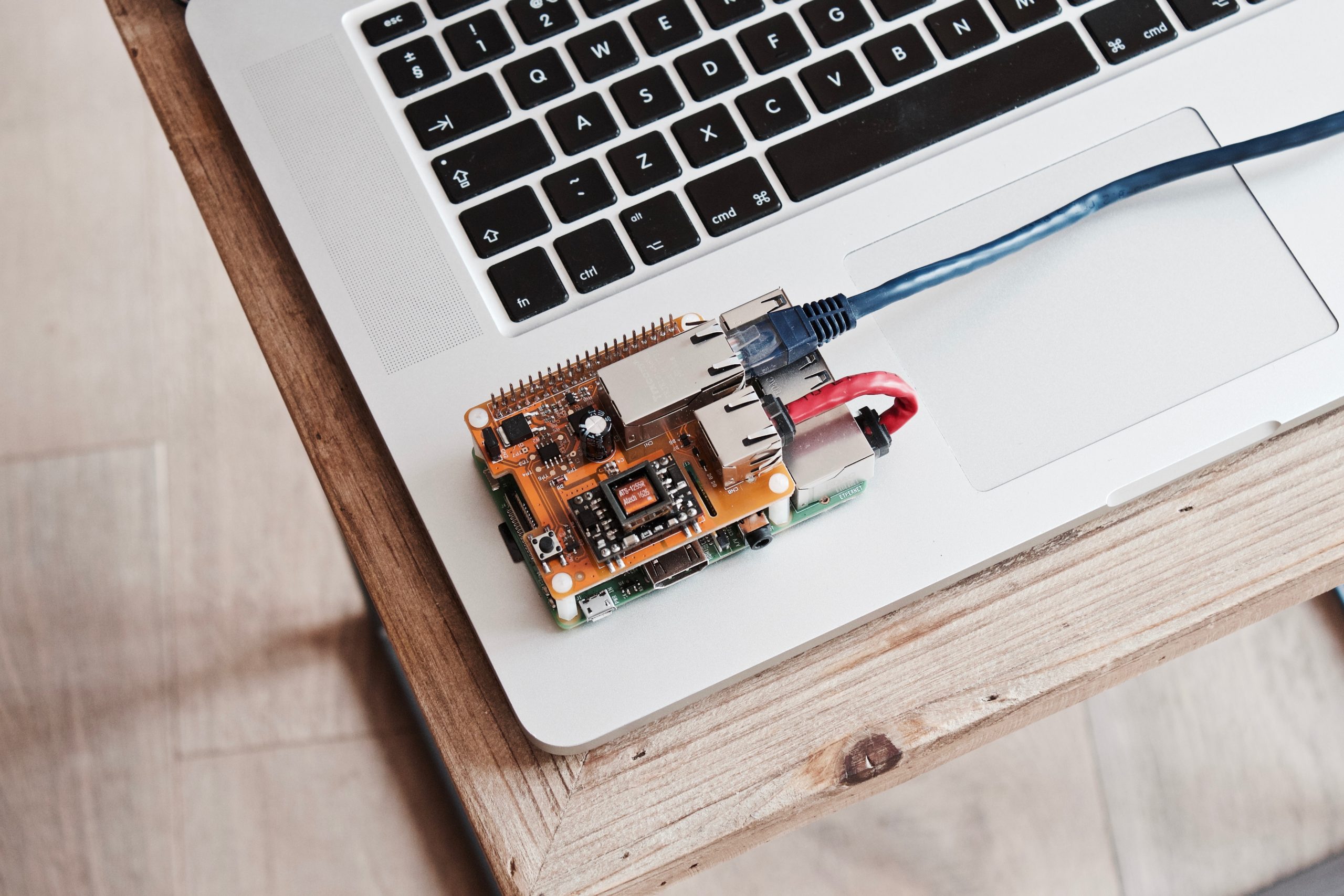Transferring Engineering practicals online

Online delivery may present some challenges for educators who are new to this approach. Teaching certain disciplines, such as Engineering, may come with an additional hurdle: practical sessions. Aside from re-imagining and re-designing traditional teaching methodology used, Engineering lecturers must also consider how to move practical sessions online as well as measure student progress, overall performance and satisfaction, to validate new online teaching methods.
Recent research and positive findings
In a recent study (Chirikov et al., 2020) student performance and satisfaction were compared across two Engineering courses. Students were randomly divided into three cohorts and each group received lessons and assignments via one of the following three delivery modalities:
- Group 1: Face-to-face sessions
- Group 2: A blend of online and face-to-face instruction
- Group 3: Fully online instruction
The findings concluded that students can achieve similar outcomes from an online course just as they would from a blended or face-to-face course (Chirikov et al., 2020).
Challenges faced when transferring practical sessions online
Some commonly asked questions by educators working in the field of Engineering (and STEM in general) often include:
- How can we conduct practical sessions remotely without extra charges?
- How are students going to meet profession-related skills learning outcomes?
- How are we going to measure student performance in practical tasks?
- How can we assess students’ perception of the practical process?
Some of these challenges and questions have been addressed in the Diploma of Engineering offered at Sydney Institute of Business and Technology (SIBT) in Sydney over the past few years, following a curriculum review incorporating blended learning and the flipped classroom model, as well as a campus relocation. Since March 2020, due to COVID-19, further significant updates have been made throughout the first session in support of the rapid transition to online teaching.
Outline of approach taken in the transition to online teaching
To design and deliver online classes effectively and efficiently it was important to start by identifying general learning outcomes of a practical Engineering session (Brooks, 2016) as well as the process of a traditional face-to-face delivery of practicals at SIBT.
| Practical sessions’ learning outcomes (Brooks, 2016) include the ability to: |
A traditional face-to-face delivery of practicals at SIBT consists of the following steps and requirements: |
|
|
Once the content and activities were mapped with learning outcomes in various units in the Diploma of Engineering, three main approaches were implemented in transferring practicals online. These included:
Outcomes so far
These approaches have so far been implemented successfully and were found to bring various advantages, including (click image to enlarge text in a new tab):
Further analysis of student results, as well as student and teacher feedback surveys and costs, will be conducted to continue to assess the effectiveness of the above approaches and the success of transferring Engineering practicals online.
If you have any questions about this research or would like to discuss the above approaches further, contact Saad.Odeh@sibt.nsw.edu.au or learningandteaching@navitas.com.
References:
- Chirikov, I., Semenova, T., Maloshonok, M., Bettinger, E. and Kizilcec, R. (2020). Online education platforms scale college STEM instruction with equivalent learning outcomes at lower cost. Science Advances, 6(15). DOI: 10.1126/sciadv.aay5324.
- Brooks, C. L. (2016). Understanding STEM learning outcomes using a phenomenographic approach. Doctoral dissertations. University of Massachusetts Amherst. Retrieved from https://scholarworks.umass.edu/dissertations_2/833.

